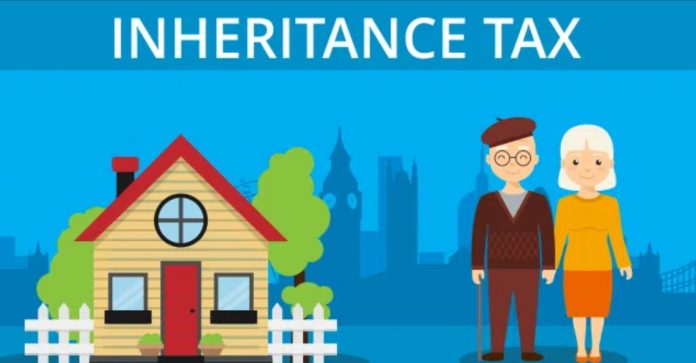Losing a loved one is never an easy experience. No amount of prior experience with bereavement can properly prepare you for the next time a dear friend, relative or lover is taken from you – and sometimes grieving is not the only thing left for you to do. In cases where you are named as the executor of their will, you may also find yourself wrangling with the legal obligations inherent to handling an estate; this, naturally, includes the payment of Inheritance Tax.
Inheritance Tax – The Basics
Inheritance Tax (IHT) is, as it sounds, a tax levied on the estate of a deceased party. Before the estate is subdivided between beneficiaries in accordance with the letter of the deceased’s will, a percentage of the estate’s value – above a pre-set threshold – is paid to the government.
The rate of tax for IHT is 40%, and paid on the value of an estate above £325,000. That is, the first £325,000 of a given deceased’s estate (the Nil Rate Band, or NRB) is exempt from inheritance taxation. Forty per cent of all value above that £325,000 is liable for taxation, but not inevitably so.
Inheritance Tax Rules
There are numerous rules governing the eligibility for, and payment of, IHT with regard to a given estate. Some of these describe the necessary steps a will’s executor must take in order to properly and legally pay tax, while others describe key exemptions and exceptions that can reduce an inheritance tax bill significantly – if not completely.
An executor must pay the IHT owed from an estate within six months of the deceased’s passing. The value of the estate, however – calculated from the value of assets, holdings and properties minus the value of extant debts – need only be submitted to HMRC within 12 months. With regard toexemptions and exceptions, there are several specifics.
One of the more important exemptions relates to widowed spouses or partners; if the entirety of an estate’s value above the NRB is willed to a spouse or partner, it is exempted from IHT. Further, if an estate’s value falls below the NRB, the spouse or partner may add the remainder to their own NRB allowance.There is also a Residence Nil Rate Band (RNRB), which applies to the first £175,000 of properties left to children or grandchildren.
Managing Inheritance Tax Obligations
Prior to a person’s death, there are also ways to manage an estate in order to reduce the amount of IHT payable. Whether organising your estate as part of writing a will, or dealing with an estate after bereavement, professional legal counsel is a crucial asset – to assist in legally structuring an estate, or properly unpicking said obligations to HMRC.
With professional assistance, an individual can structure their finances in order to best benefit their loved ones – for instance, by placing funds in a trust overseen by a trusted third party. On the executor side of the equation, legal assistance is vital for properly assessing the value of an estate, gaining access to funds and assets, and properly distributing them to named beneficiaries.
If you like our content, join us in helping to bring reality and decency back by SUBSCRIBING to our Youtube channel: https://www.youtube.com/channel/UCQ1Ll1ylCg8U19AhNl-NoTg AND SUPPORTING US where you can: Award Winning Independent Citizen Media Needs Your Help. PLEASE SUPPORT US FOR JUST £2 A MONTH https://dorseteye.com/donate/







